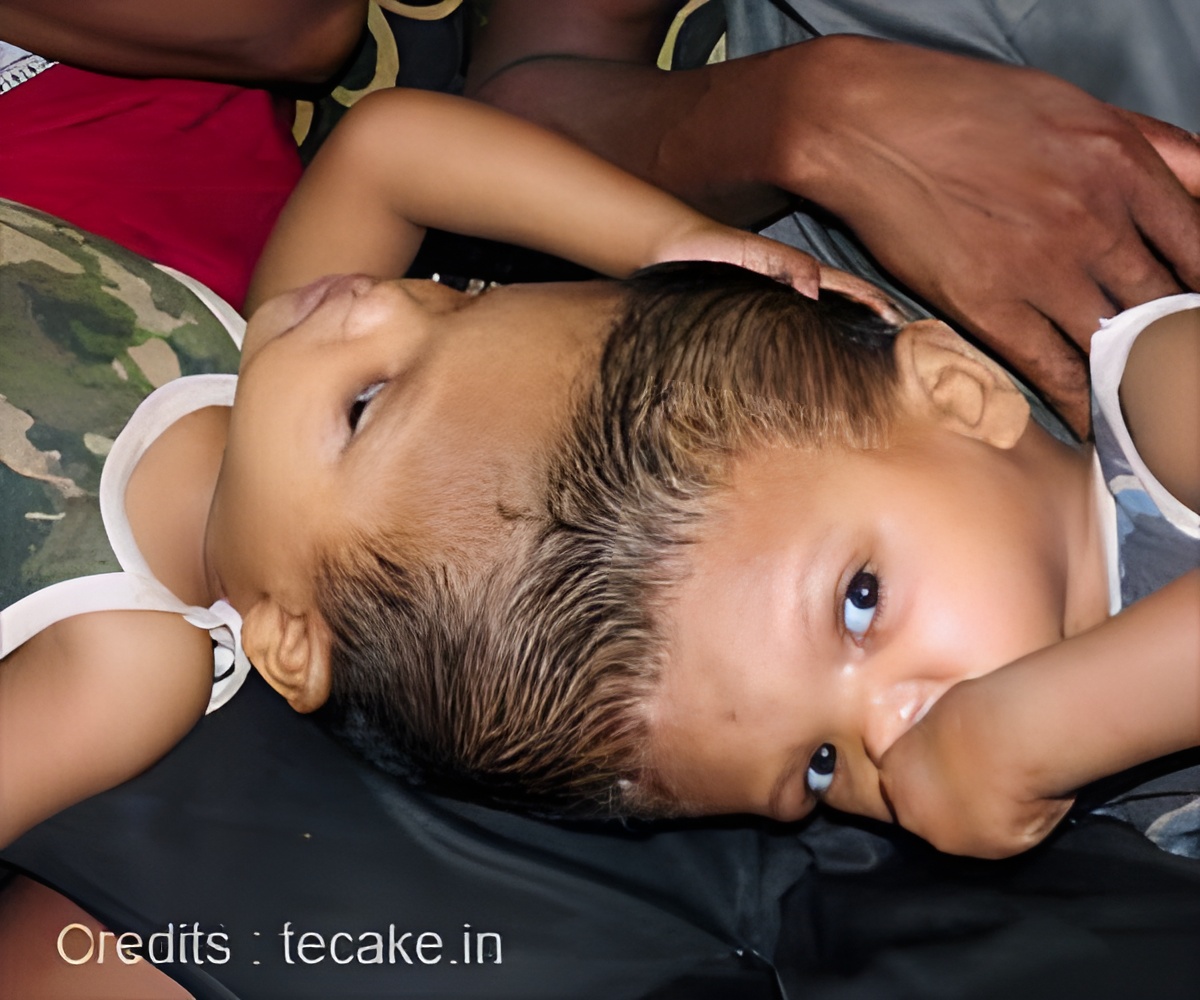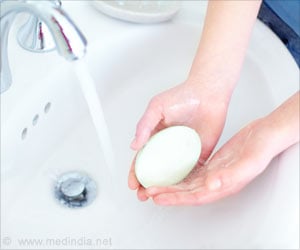The second phase surgery has began by 30 specialized doctors to separate the conjoined twins Jaga and Kalia of Odisha at the All India Institute of Medical Sciences (AIIMS).

TOP INSIGHT
Craniopagus twins are conjoined twins, where their heads are fused at the cranium and affects 1 in 30 lakh children.
The twins hail from Milipada village, which is under Phiringia block in Kandhamal district, Odisha.
The heads are joined in craniopagus conjoined twins, which is a very rare condition.
On August 28th, the first phase of the surgery was performed. The doctors created venous bypass and separated the veins, which were shared by the babies.
Pratap Jena, Odisha's Health and Family Welfare minister stated, "We had suggested to the AIIMS authorities to engage experts from across the world in the operation process if needed. The Odisha government is ready to bear the expenses of the foreign doctors. We hope things will go well with the blessings of Lord Jagannath."
About Rs. One crore was sanctioned for the treatment of the twins by the Odisha government from the Chief Ministers Relief Fund (CMRF).
The surgery is practically possible only on 25 percent of the survivors, while the rest of them will have to live it.
He also said that such operations are quite challenging and the chances of survival are less than 20 percent.
Source-Medindia
 MEDINDIA
MEDINDIA



 Email
Email





